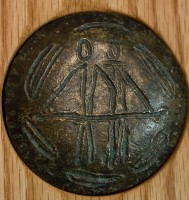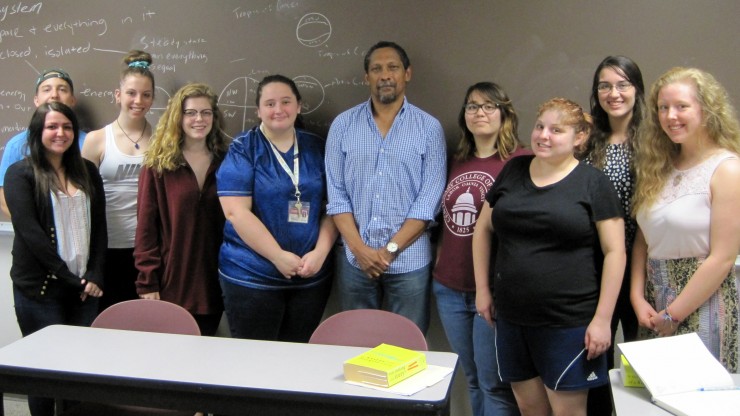The John William Corrington Award for Literary Excellence is presented annually by the Department of English on behalf of the Centenary student body and faculty to an established writer who has earned the critical esteem of readers who distinguish artistic accomplishment from commercial success.
In 1991 Eudora Welty became the first recipient of the Corrington Award when she read her short story "A Worn Path" at Centenary's spring Commencement. Learn more about all the past Corrington recipients here.
About the award
The brainchild of the English department, the Corrington Award honors a Centenary alumnus and English major, Bill Corrington (1932-1988). With degrees from Rice University (MA, 1960), the University of Sussex (D.Phil., 1964), and Tulane University (J.D., 1975), Corrington pursued a peripatetic career. He was variously an English professor, an attorney in private practice, and, with his wife, Joyce, the head writer for several television series, including Search for Tomorrow and General Hospital. A prolific poet, he also published four novels, two short novels, and three collections of short stories. He is probably best known as the author of the short novel Decoration Day, thanks to the 1990 film starring James Garner,

Bill Cobbs, Ruby Dee, and Laurence Fishburne. With Miller Williams, Corrington edited the two-volume anthology Southern Writing in the Sixties. About this influential collection of poems and short stories Ernest J. Gaines observed when accepting the second annual Corrington Award, "Many young Southerners unknown then are known today. And much of that can be credited to Corrington and Williams."
The Corrington Award takes the form of a bronze medal designed by the internationally exhibited Louisiana sculptor Clyde Connell. The medal depicts two primitive figures, one of them slightly in front of the other, carrying a long object. A presentation box, hand made by a local craftsman, accompanies the medal.
A book by the year's Corrington recipient figures in all sections of first-year writing courses, and students are able to interact with the author both in and out of class.
Originally the award got its funding from the Student Government Association. Its inception thus represented an unusual cooperative venture by a student union and an academic department. The award now benefits from generous donations by the Corrington and Attaway families.


